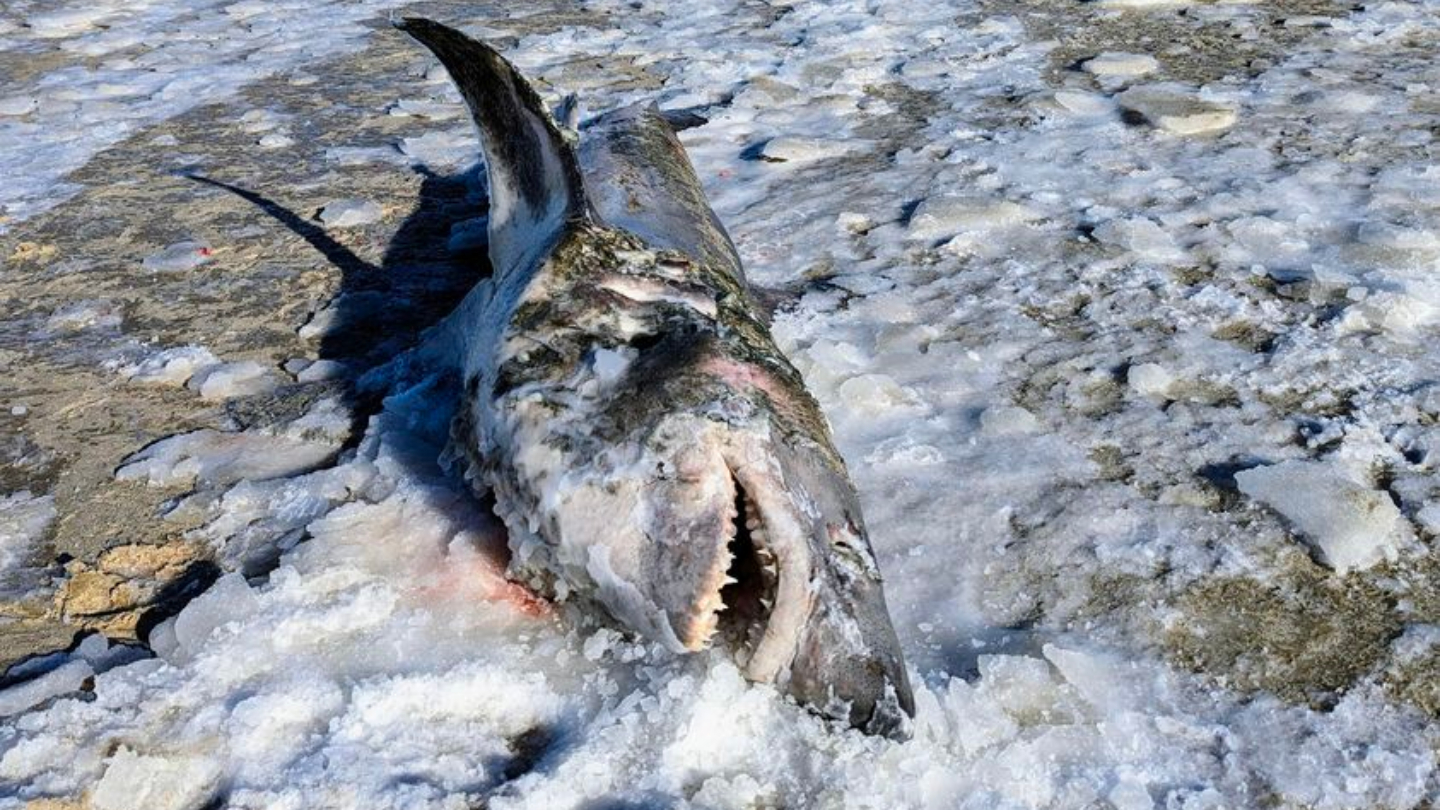Hundreds of Atlantic White Sharks, each with their own names and unique identifiers, have been tracked swimming off the coast of Cape Cod, Massachusetts, over the past nine years.
The Atlantic White Shark Conservancy has been identifying them since 2014 off the coast of the Cape. It keeps them logged in a catalog on its White Shark Logbook.
According to research from the 2022 shark season that was released in March, there were 55 new individual Atlantic White Sharks tracked, and 63 returning sharks logged.
Get New England news, weather forecasts and entertainment stories to your inbox. Sign up for NECN newsletters.
“It’s really exciting to see that many new sharks, but also that many returning sharks come back to the Cape,” research coordinator for the Atlantic White Shark Conservancy Ashleigh Novak said.
Since the AWSC began monitoring this in 2014, the group has identified more than 600 white sharks off Cape Cod.
“Sometimes, it's a really tedious process,” Novak said. “But it's also really fun to get a new video to go through the process of IDing that individual shark and seeing if we can make a match to one that in the catalog that we know already or if it's a new individual.”
During the 2022 shark research season, the AWSC conducted 18 research trips. The organization uses underwater video collected along Cape Cod to identify sharks using unique features on the underwater critters.
“We use a bunch of different features of the shark to make an ID,” Novak said. “One of the most prominent features are the gills. But caudal fin or the tail fin, the pelvic fin region, as well as the counter shading of the individual shark. And we also use the dorsal fin. So, there's also coloration on the dorsal fin, but also the trailing edge of the dorsal fin. That sometimes has really unique notches or sometimes you'll see larger injuries.”
The team at the AWSC has tracked White Sharks’ impressive voyages over the years, including those by Danny and Mushroom, both of which have traveled hundreds of miles along the eastern seaboard.
The AWSC’s field research season usually begins sometime in July and wraps up at the beginning of November. Peak white shark numbers along Cape Cod are typically in September and October, Novak said.
“It’s really important that we're collecting all of the data,” Novak said. “Specifically, the ID work, for both tagged and untagged sharks, is one of the data streams being used by our research scientist Megan Winton to go into the population estimate… that will eventually give us a population estimate of number of sharks off of Cape Cod.”
The conservancy recently announced that it is now accepting online reservations for its popular white shark charters during the upcoming 2023 season.
Meanwhile, the organization encourages boaters and fishermen to send in videos they capture out on the open ocean of white sharks, to help with the tracking process.



